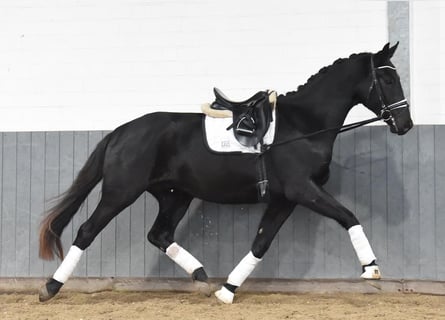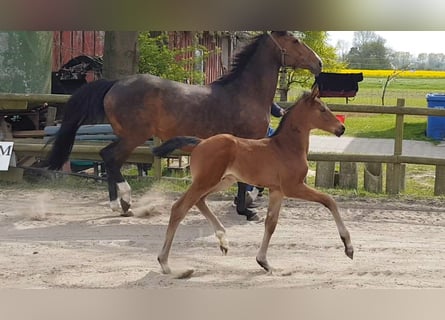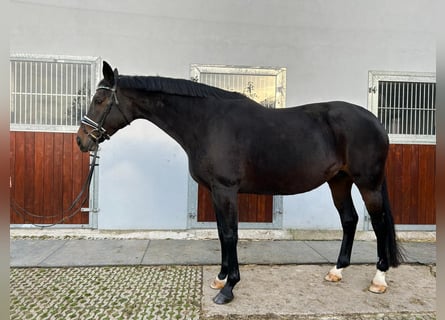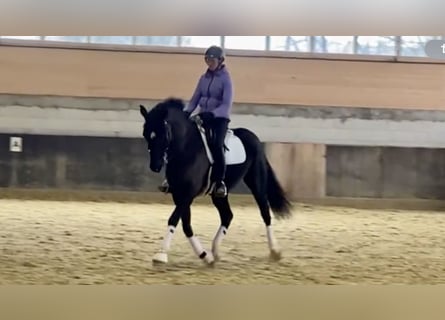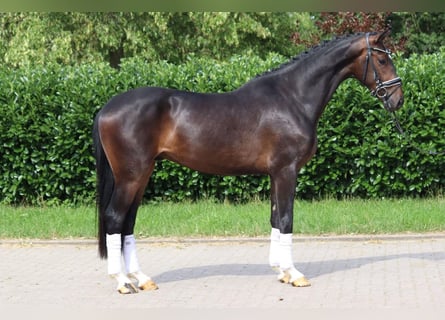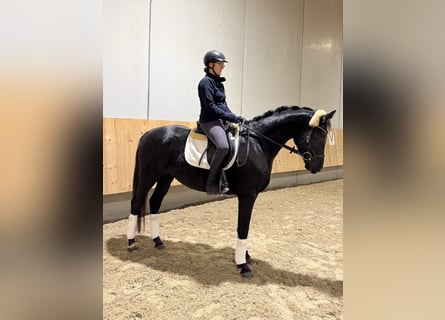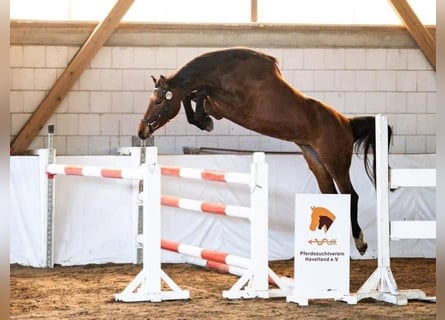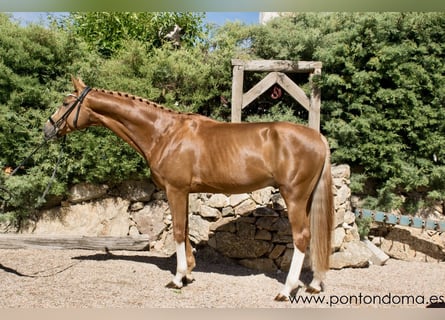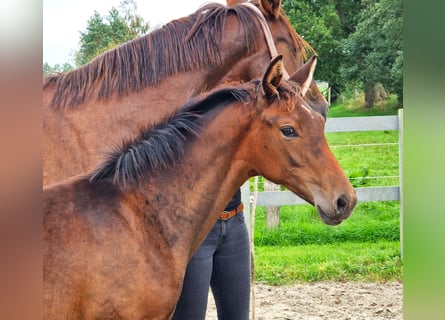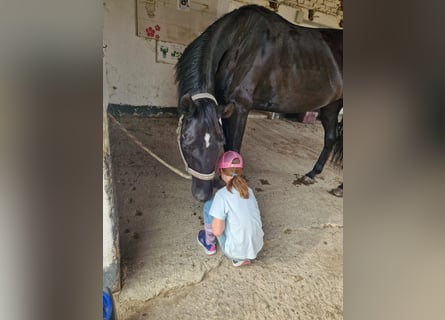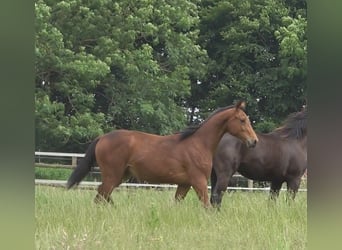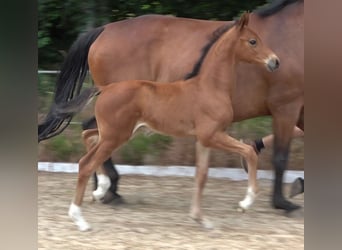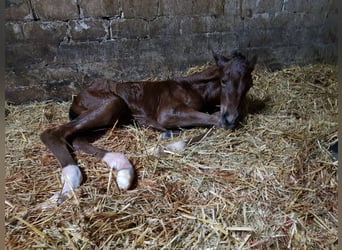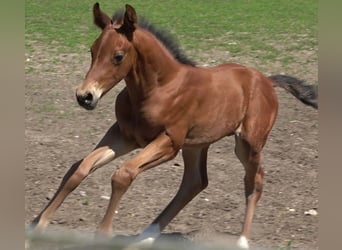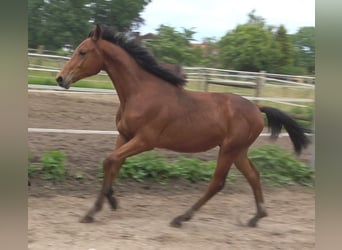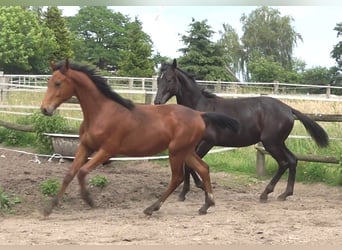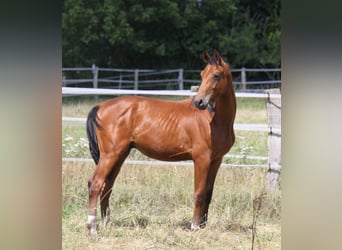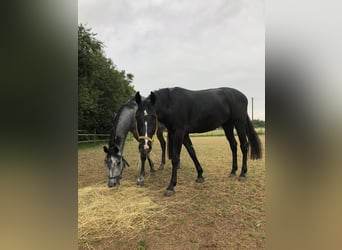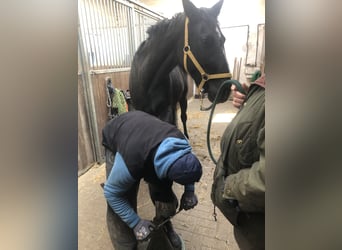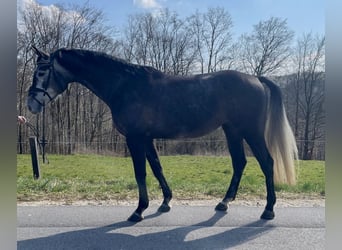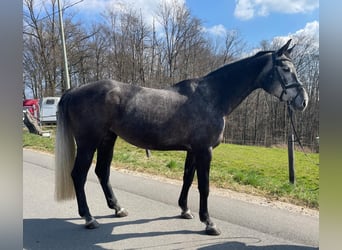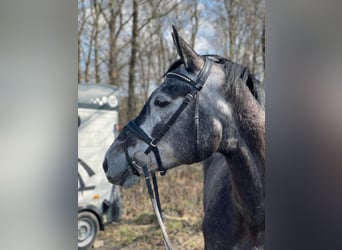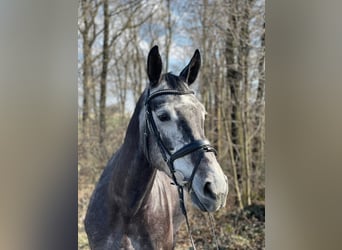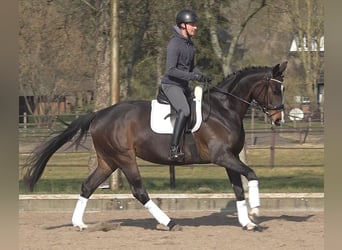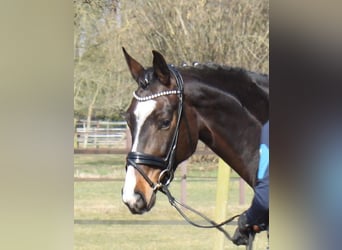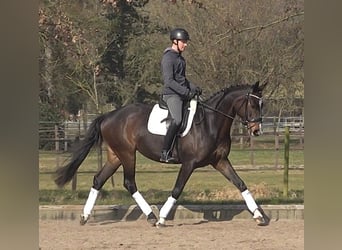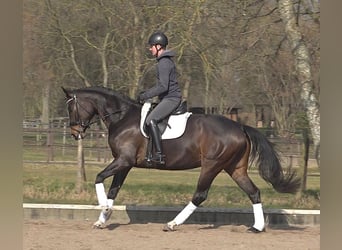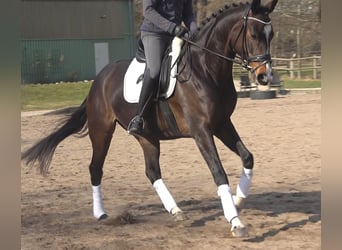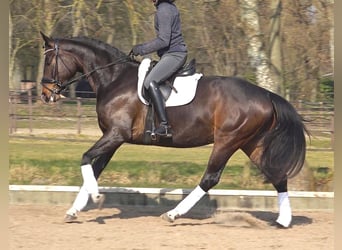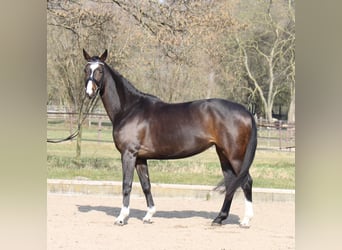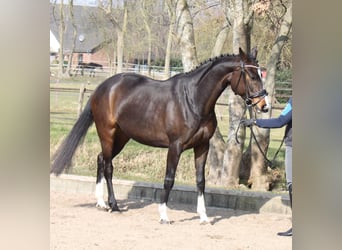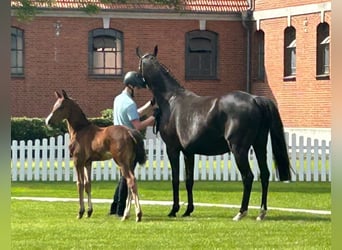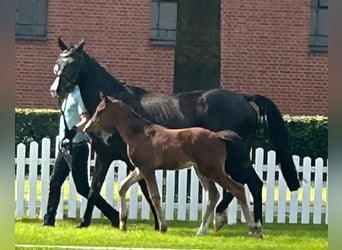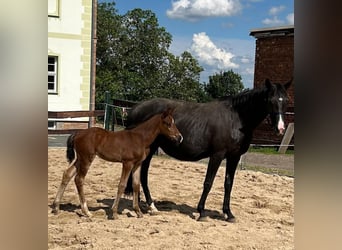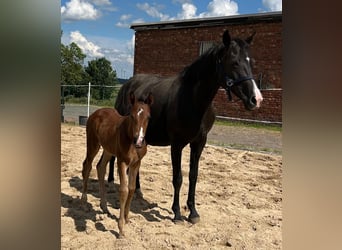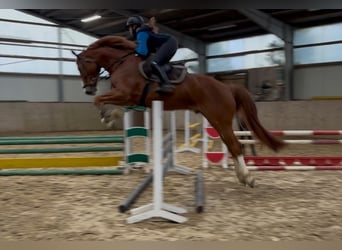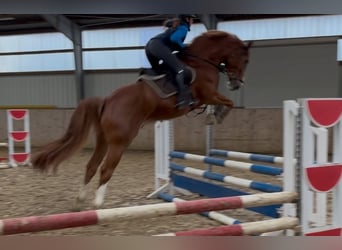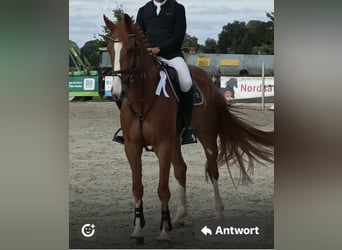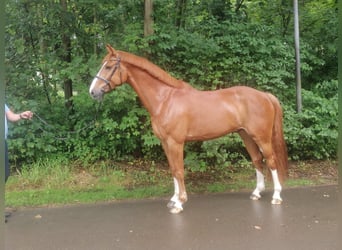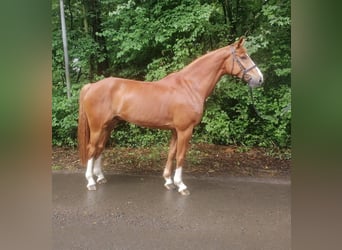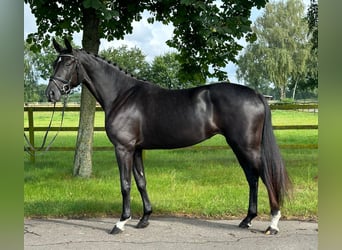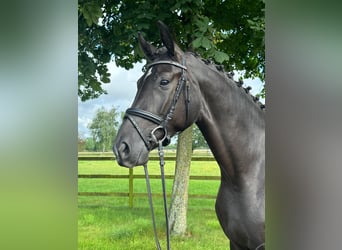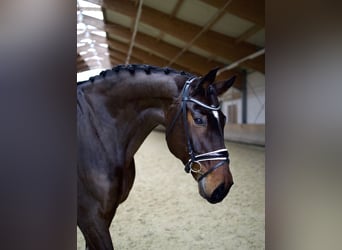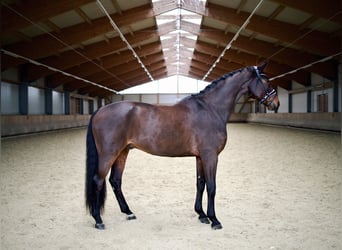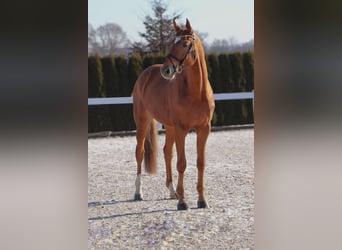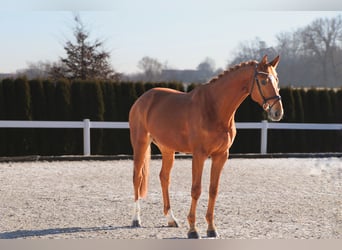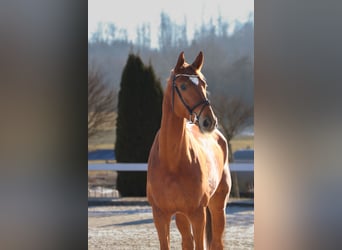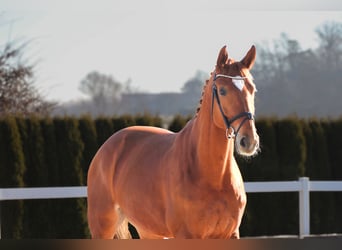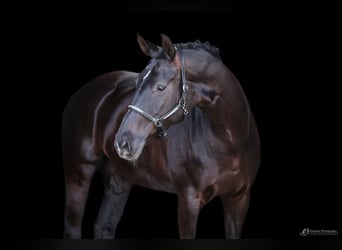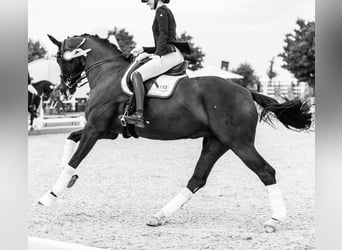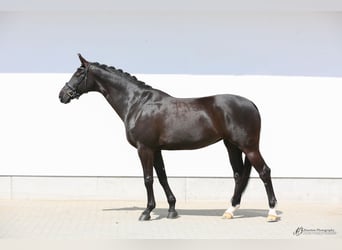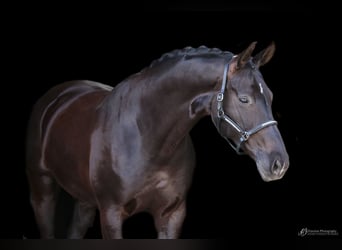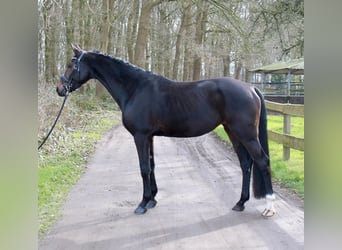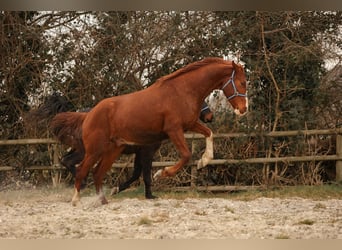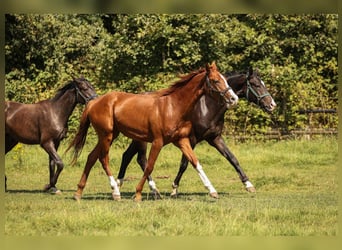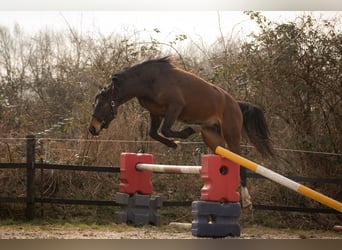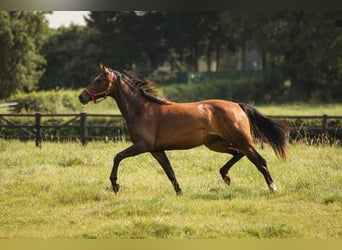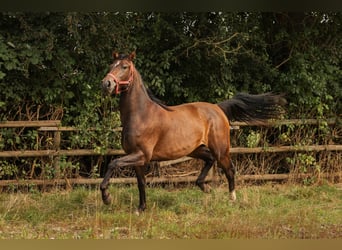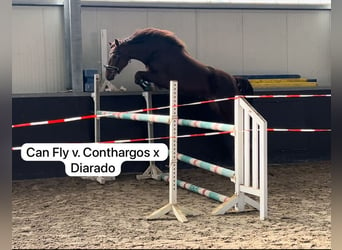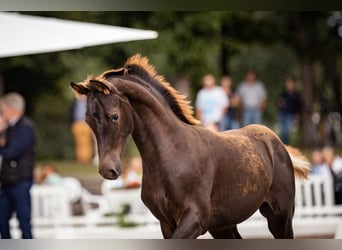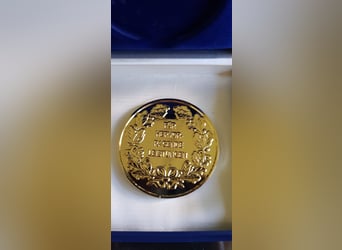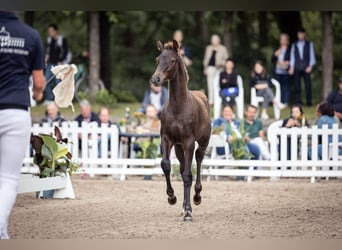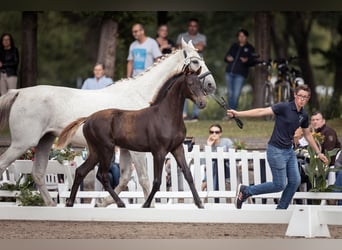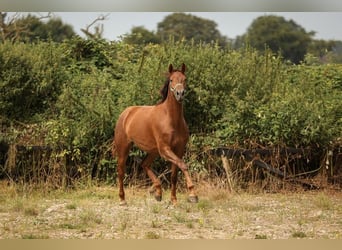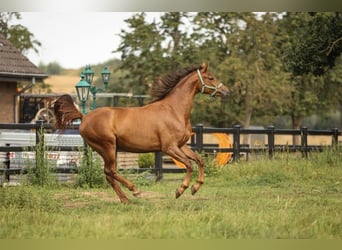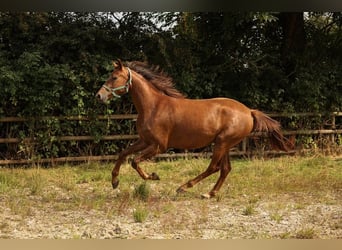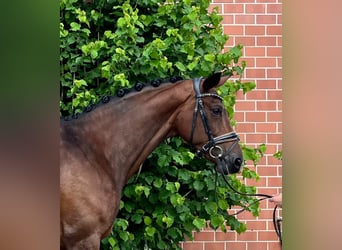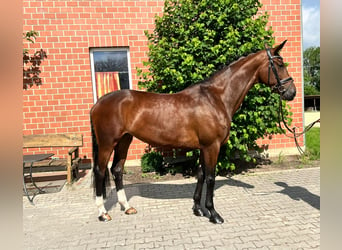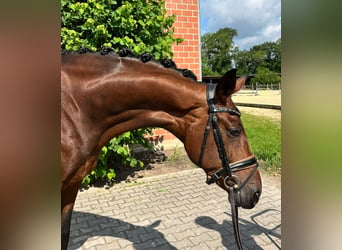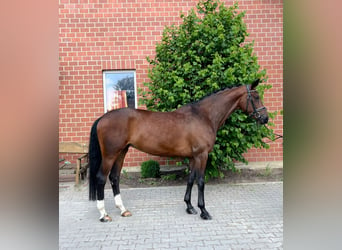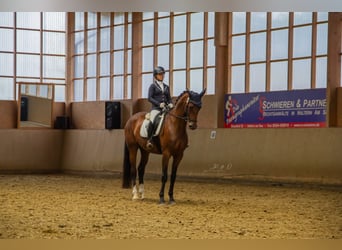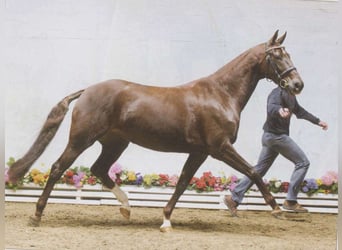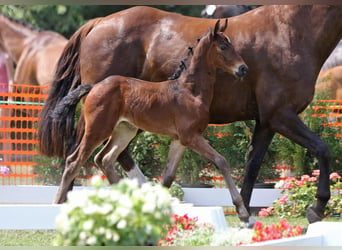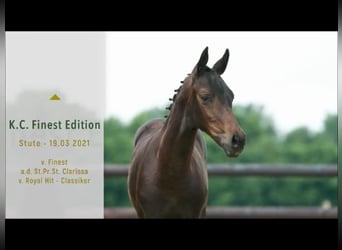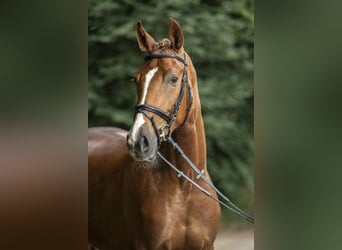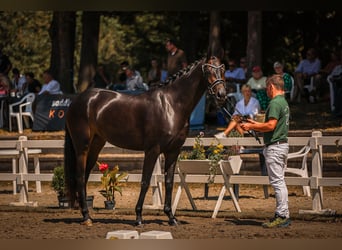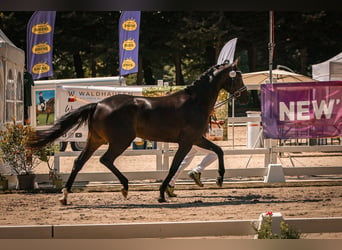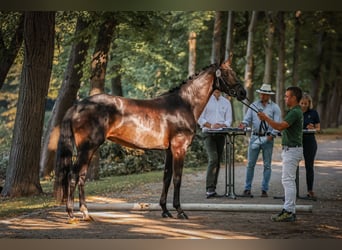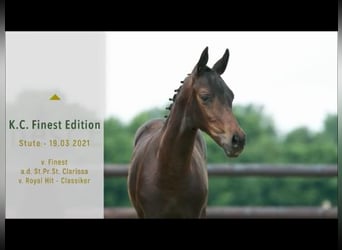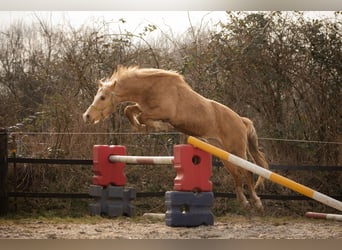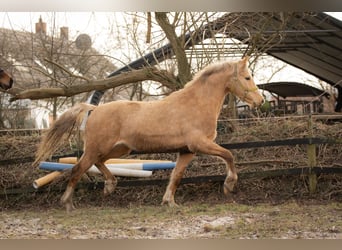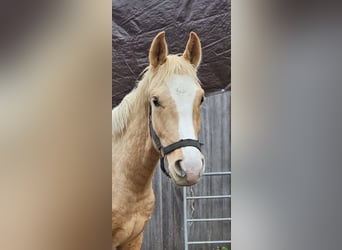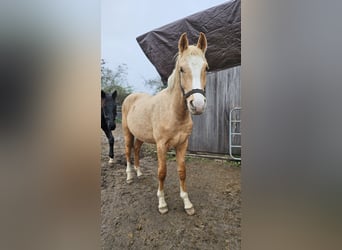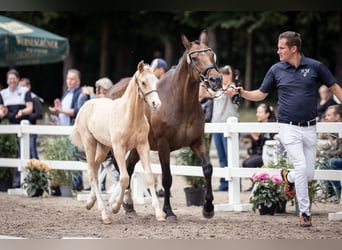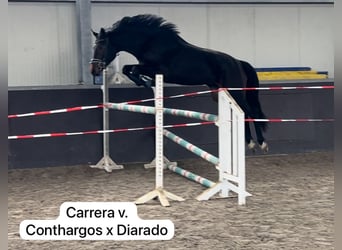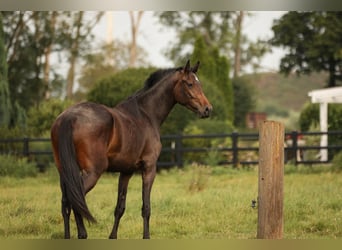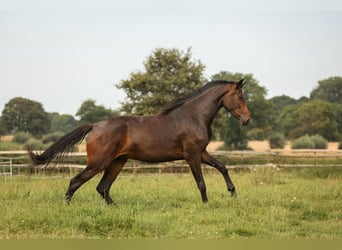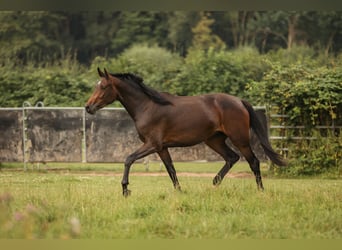DE
Hanoverian horses for sale
Page-1-Ad
In addition, interested parties can directly see more information. This significantly increases the number of potential buyers.

DE
DE
DE
DE
DE
DE
DE
AT
DE
DE
DE
DE
DE
DE
DE
DE
DE
DE
DE
DE
The Hanoverian horses breed is one of the best-known of the German warmbloods. Today, Hanoverians are outstanding sports horses, yet that represents only a part of their long and regal history. These beautiful and athletic horses regularly perform at the highest international level, and many leading equestrians would buy a Hanoverian in preference to any other warmblood, however excellent. When breeders and trainers sell a Hanoverian horse they do so in the knowledge that their horse is one of the longest-established and most successful sports horses in the world.
Origin and history of breeding Hanoverian horses
The origins of the Hanoverian (or Hannoveraner, as it is known in Germany) lie in the 17th century, when Neapolitan and Spanish stallions were used with local mares to produce coach and carriage horses of exceptional quality. By 1700, the famous “cream-coloured” coach horses of Hanover were a desirable commodity for European royalty. However, the story of the modern Hanoverian began in earnest in 1714 when the Elector of Hannover was created King George I. This encouraged equine trade between Britain and Hannover. His successor George II, who kept the title Elector of Hannover, founded the state stud at Celle in 1735 with black Holstein stallions and local mares. The intention was to breed good all-round horses for farm and harness work, and to provide cavalry mounts. Local farmers were encouraged to use the state stallions to produce better horses for farm work and other purposes. Some of George II’s early breeding programme was perhaps fuelled by sibling rivalry, since his brother had laid the foundation for the Trakehner breed in Prussia. Over time, there would also be contributions from Thoroughbreds, Cleveland Bays, Mecklenburg and Prussian stallions to the Hanoverian stock. The Hanoverian horses suffered badly during the Napoleonic Wars and many were lost, but the stock at Celle was replenished with Thoroughbred and Mecklenburg stallions. The first approval programme for stallions began as early as 1844, and the stud book was set up in 1888. Throughout the late nineteenth century, attempts were made to maintain the strength and versatility of Hanoverian horses, without making them too much of a light riding horse by using Thoroughbreds. After WWII, with the rising global interest in competitive and pleasure riding, Trakehner and some Anglo-Arab stallions were used to establish the modern Hanoverian sports horse that is known today. The Trakehners themselves had only just been saved from destruction at the end of the war.
Hanoverian horses in equestrianism
A list of successful Hanoverians would fill several volumes! All three horses in the Olympic gold medal-winning team at Beijing 2008 were Hanoverians. The breed also excels at show jumping, having been members of six Olympic gold medal-winning teams. These long-lived and hardy horses often have lengthy careers. The principal organising body in Germany is the Hannoveraner Verband, or Hanoverian Society, and on registration, foals receive the Hanover brand.
Use and characteristics of Hanoverian horses
Strength combined with elegance is the hallmark of the Hanoverian. These intelligent, willing animals can stand between 15.3 hands (63 inches/160 cm) and 17.2 hands (70 inches/178 cm) high, the majority being between 16 hands (64 inches/163 cm) and 16.2 hands (66 inches/168 cm) high. Hanoverians excel in all three major equestrian disciplines, dressage, show jumping and eventing, and most riders buy a Hanoverian to participate in one or more of these activities. There’s certainly no shortage of interest when anyone decides to sell a Hanoverian with competition experience. Coat colours are mainly bay, black, chestnut and grey. Some colours are disbarred from registry.
Interior of Hanoverian Horses
The Hannoverian horse is renowned for its strong and athletic build, making it an ideal partner for competitive pursuits such as show jumping, dressage and eventing. But this breed’s interior characteristics are just as impressive! Hannoverians are known to possess a calm temperament with great intelligence and focus. They thrive on structure and routine, making them easy to work with in the ring or on the trail. Their willingness to learn new tasks makes them excellent riding mounts both in the competition arena or out on the trails – and their loyalty will bring you joy no matter what your chosen discipline. The horse’s natural athleticism is also reflected in their endurance and agility. They are sure-footed animals that remain composed even when faced with daunting obstacles, allowing riders of all abilities to keep their composure while tackling complex courses. These powerful and courageous horses have been trusted partners for centuries - from regal court steeds of Europe’s past to modern day winners in the global show arena. With a Hannoverian by your side, you can be sure you will have a champion mount with an unbeatable spirit!
Exterior of Hanoverian Horses
The Hannoverian breed is known for its distinct physical attributes – and it’s no surprise that these qualities have made them one of the most sought-after mounts in the show arena. Hannoverians are typically larger horses, standing between 16-17 hands tall and ranging from 500 to 700 kilograms in weight. They boast a beautiful, strong neck that often appears at an angle when viewed from the side, with a high withers – both ideal characteristics for a horse destined to excel in jumping. Their well-muscled body gives them excellent balance and power, along with powerful legs and hooves that provide plenty of traction on even the toughest terrain. These majestic horses are most notably distinguished by their beautiful chestnut or bay coats with flaxen mane and tails. Other colors such as black and grey can also be found in lesser quantities. But regardless of the color, all Hannoverians bear a regal appearance that stands out from other breeds. Hanoverian horses's exterior may be striking, but it is only part of what makes this noble breed so remarkable - which advocates around the world know to be true!
History of Hanoverian Horses
The Hanoverian horses breed traces its roots back to the early days of horsemanship, where it was bred by the Royal House of Hanover in northern Germany as a noble warhorse. But as times changed and wars became less frequent, these powerful beasts were re-purposed for more leisurely activities like show jumping and dressage. By the mid-1700s, the standards of the breed had been set – and since then they have remained largely unchanged. In fact, Hanoverian horses are one of the oldest breeds still used in competitive equestrian sports today! The beginnings of modern day show jumping can be traced back to 1792 when King George IV requested a horse show with five types of horses including the Hanoverian at his 250th birthday celebration. Since then, Hanoverian horses have been prominent fixtures in high-level competitions all over Europe and beyond. Not only this, but these noble horses also hold many records in multiple disciplines such as dressage, eventing and cross country. With their impressive lineage and long list of accomplishments, it's no wonder why so many equestrian professionals rely on Hanoverian horses for success!
